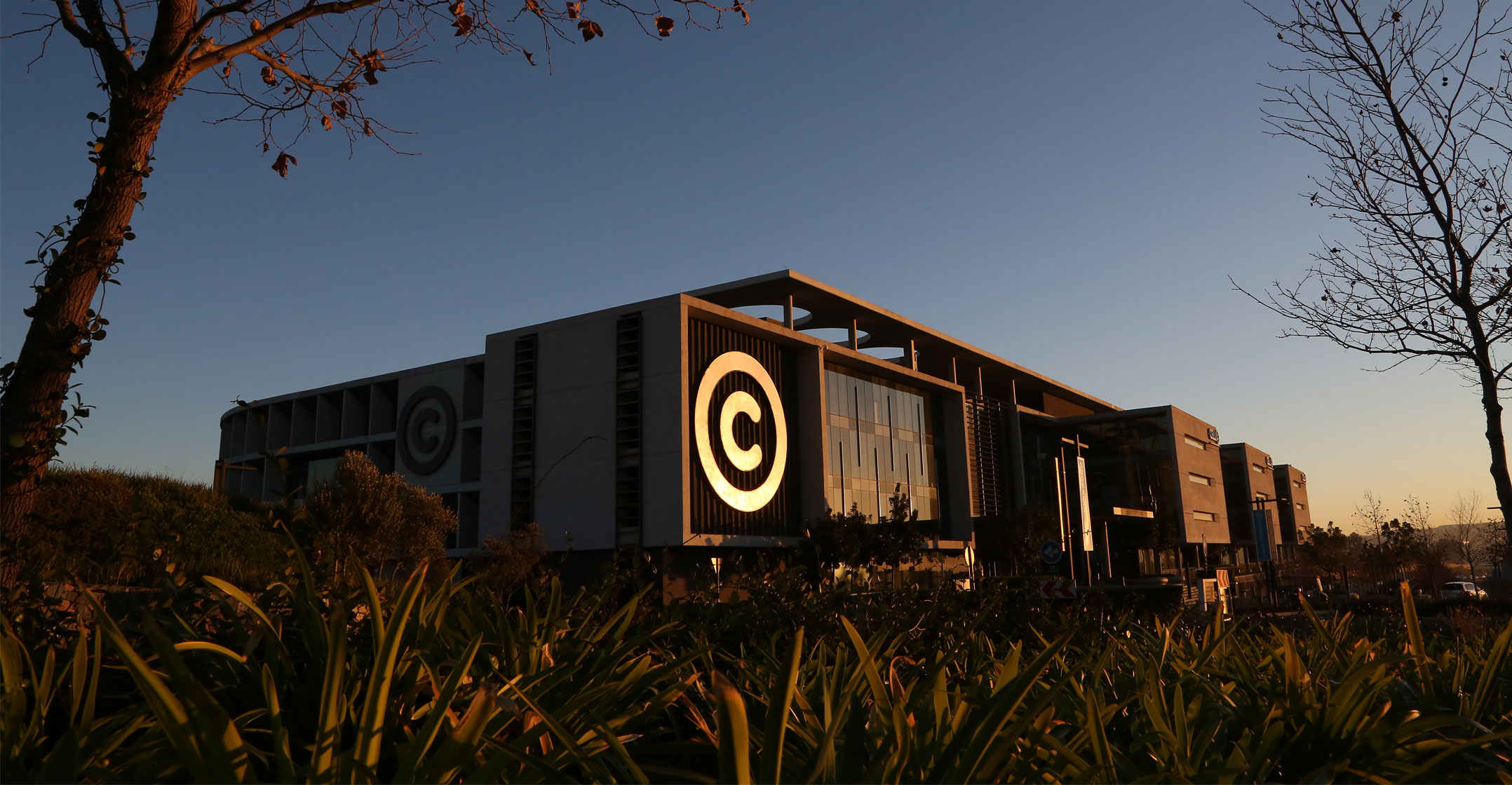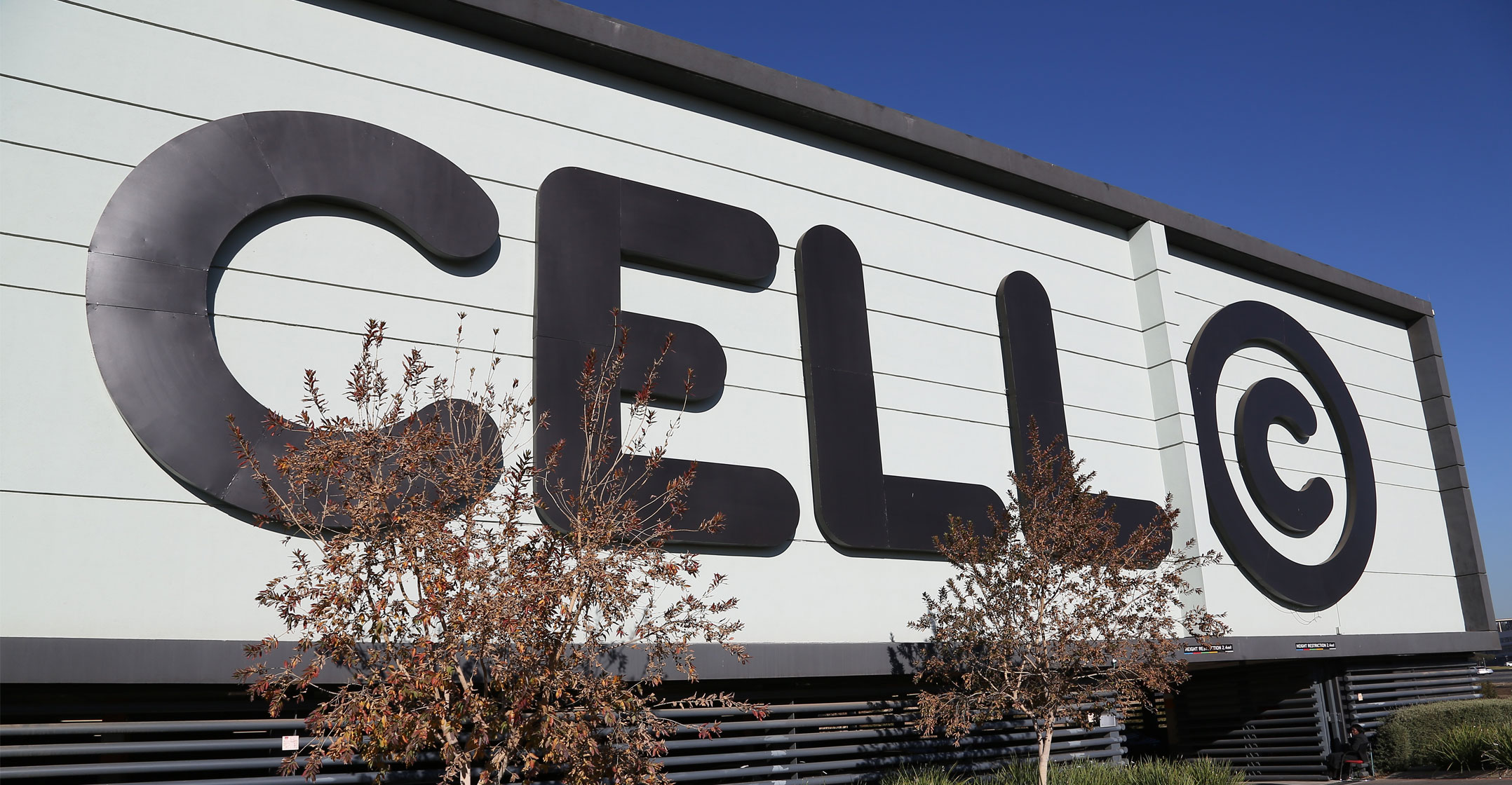 S&P Global Ratings has downgraded Cell C’s debt rating further after the troubled mobile operator amended a private, R1.4-billion “airtime facility” agreement, which the rating agency described as being “tantamount to a selective default”.
S&P Global Ratings has downgraded Cell C’s debt rating further after the troubled mobile operator amended a private, R1.4-billion “airtime facility” agreement, which the rating agency described as being “tantamount to a selective default”.
In response, Cell C has said it is working on a “recapitalisation and other related transactions” to improve its liquidity and long-term competitiveness. This will include improving the efficiency of its network and reducing capital expenditure.
In a statement on Wednesday, S&P Global Ratings said that “although no conventional payment or legal default event … has occurred to date, we view the repayment profile restructuring as a distressed exchange and tantamount to selective default given Cell C’s weak liquidity position”.
“We are therefore lowering our rating on Cell C to ‘SD’ (selective default) from ‘CCC-‘ and our issue rating on the company’s senior secured debt to ‘CC’ from ‘CCC’,” S&P said. The downgrade follows Cell C’s amendment of the payment schedule of the private and unrated R1.4-billion airtime facility agreement, delaying selected repayments, it said. The agency described Cell C’s capital structure as “unsustainable”.
“Because the schedule of agreed repayments has slowed, we believe lenders will receive less value than the promise of the original agreement. We also believe there was a realistic possibility of a conventional payment default before the exchange, given the company’s weak liquidity position,” it said.
“We understand that Cell C wanted to amend the agreement in order to preserve cash and financial flexibility while implementing various conditions precedent ahead of concluding the previously announced Buffet Consortium transaction. In February 2019, Blue Label Telecoms, which holds 45% of Cell C’s common equity, notified the market of the Buffet Consortium transaction. The intention of this transaction is to return Cell C to operational and financial sustainability.”
Buffet Consortium deal
In February, Blue Label revealed that the Buffet Consortium plans to buy a minority stake in Cell C to bolster the mobile operator’s distressed balance sheet. The consortium is backed by reclusive South African billionaire property mogul and businessman Jonathan Beare.
Blue Label said Cell C had concluded a “binding term sheet” with the consortium in terms of which it would become a minority shareholder, pending certain conditions being fulfilled.
“With Buffet support, the Cell C balance sheet will be bolstered and ensure Cell C’s sustainable growth for the future,” Blue Label said in a statement to shareholders at the time.
S&P said: “We believe that further amendments to the airtime facility agreement will be required as part of the ongoing discussions with service providers, lenders and major shareholders, whose consent is required to implement the Buffet Consortium transaction. We could also view these additional amendments as a distressed exchange.”
 In a statement on Wednesday evening, Cell C said it had consulted with S&P on its liquidity, recapitalisation and operational initiatives in anticipation of the release of the rating agency’s report. “Cell C is actively pursuing an appropriate liquidity platform with a view to implementing a comprehensive recapitalisation and other measures, with the support of its financial lenders and its shareholders,” the operator said.
In a statement on Wednesday evening, Cell C said it had consulted with S&P on its liquidity, recapitalisation and operational initiatives in anticipation of the release of the rating agency’s report. “Cell C is actively pursuing an appropriate liquidity platform with a view to implementing a comprehensive recapitalisation and other measures, with the support of its financial lenders and its shareholders,” the operator said.
“As part of these ongoing initiatives, Cell C renegotiated the terms of certain aspects of its debt, with the backing of the applicable lenders. Although Cell C has fulfilled its debt obligations and as such no conventional event of default has been triggered, S&P considered such re-terming of the repayment profile as a technical default in terms of its rating criteria.
“As previously announced, the recapitalisation and other related transactions will improve Cell C’s liquidity and long-term competitiveness. The related measures will improve the efficiency of Cell C’s network, while decreasing capital expenditure,” it said.
“In parallel, Cell C is implementing extensive operational efficiency measures, including leveraging its existing roaming agreement (with MTN South Africa) and right-sizing the business to remove inefficient costs and redirect resources to revenue generating activities. This will position Cell C within the rapidly changing competitive environment in the mobile telecommunications industry.”
In the statement, Cell C’s CEO, Douglas Craigie Stevenson, said: ”In line with international trends, we are actively pursuing ways to leverage our existing roaming agreement, as well as looking at network synergy and consolidation to ensure that Cell C remains a competitive player with improved network access and quality.” — © 2019 NewsCentral Media




